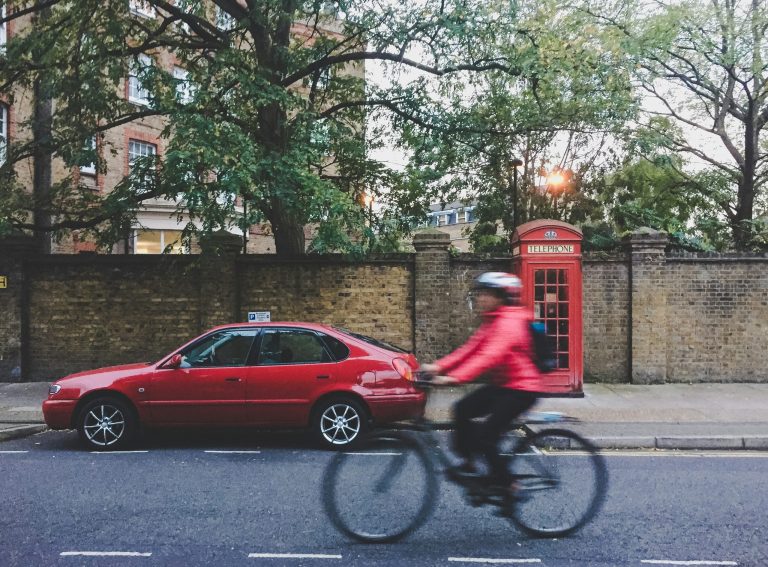The Department for Transport (DfT) is set to issue an extension to the UK’s e-scooter trial zones until 31 May 2024, according to a number of industry sources.
Existing trials will continue to run to 30 November 2022 and then local authorities can choose to withdraw from the trials or continue with an extension to 31 May 2024.
A Government spokesperson said: “Our e-scooter trials are helping us to better understand the benefits of properly regulated, safety-tested e-scooters and their impact on public space.
“To ensure we get the best evidence possible and build on findings from ongoing research, we are enabling local authorities to continue running trials beyond this year.”
The e-scooter trials, which began in July 2020, had been set to end in November 2021, but were extended to March 2022 due to delays to the start of trials in a number of locations, including London. Trials were then further extended to 30 November 2022 to allow the DfT to fill data gaps and establish best practice for shared micromobility services.
The extension of the trial could be seen as a blow to the industry with operators hoping that shared e-scooters would be fully legalised by the end of the year and no longer under a trial phase.
However, there are potentially some positives to the move.
Ross Ringham, a future mobility consultant, said: “An extension will help bridge the gap from the originally-planned end of trial zones to e-scooters being made fully legal. Millions of people who have come to depend on e-scooters to get around trial zones in England will be able to continue to rely on this affordable method of transport.”
Zag’s latest modelling shows that there have been more than 21 million rides and over 30 million miles travelled by shared e-scooter in England. The trials are currently live in 31 regions across England.
Ringham added: “Setting up and running a shared e-scooter programme requires huge investment by shared mobility companies, including in purchasing or manufacturing scooters, hiring local workers, renting warehouse and office space, holding free-to-the-public safety training classes and so on. A one-year contract is not long enough to recoup this investment, so opening up the timeline until 2024 will help these businesses achieve financially sustainable operations.”
What is not yet clear is whether the trial zones will be expanded so that more towns and cities can participate, or whether Scotland, Wales and Northern Ireland will be allowed to join under the new terms of the extension. This is something the sector would like the government to address.
The DfT will continue to build on evaluation findings within the existing trials areas, while ensuring it does not pre-empt Parliament by rolling out services more widely before a decision has been made about future legislation in the Transport Bill.
Georgia Yexley, TIER’s General Manager for UK and Ireland, commented: “We welcome the Government’s extension of the e-scooter trials through to 2024. This extension is another sign that easy access to sustainable travel will remain a part of daily life for the foreseeable future.
“We look forward to working with the Department for Transport and other stakeholders to ensure this next stage of the trials also focuses on lowering barriers to access and reducing friction so we can deliver the maximum benefits of micromobility to the UK.”
This is a live story, which will be updated with any new announcements.






